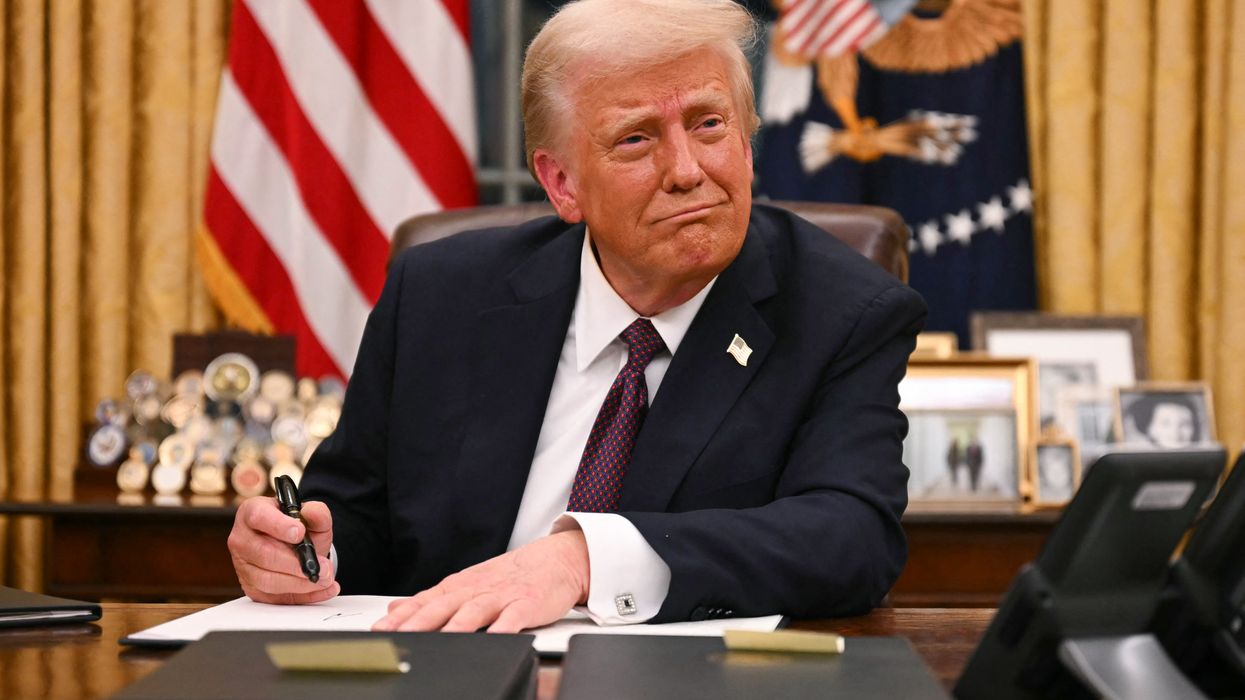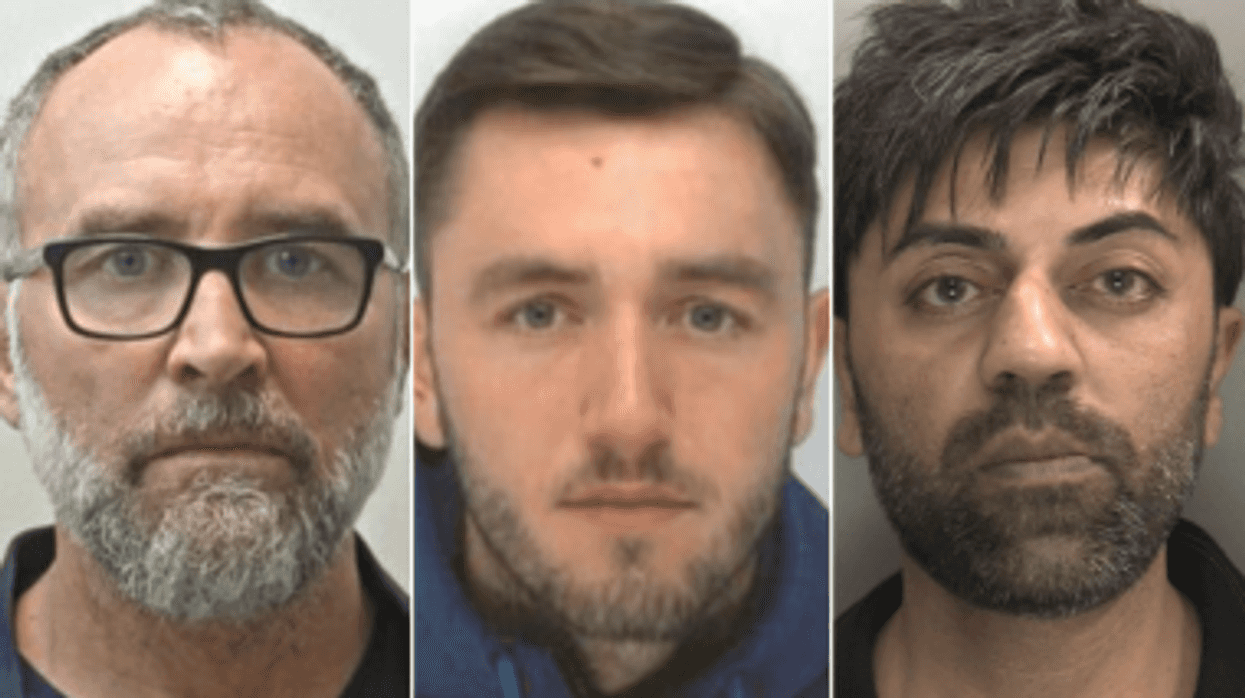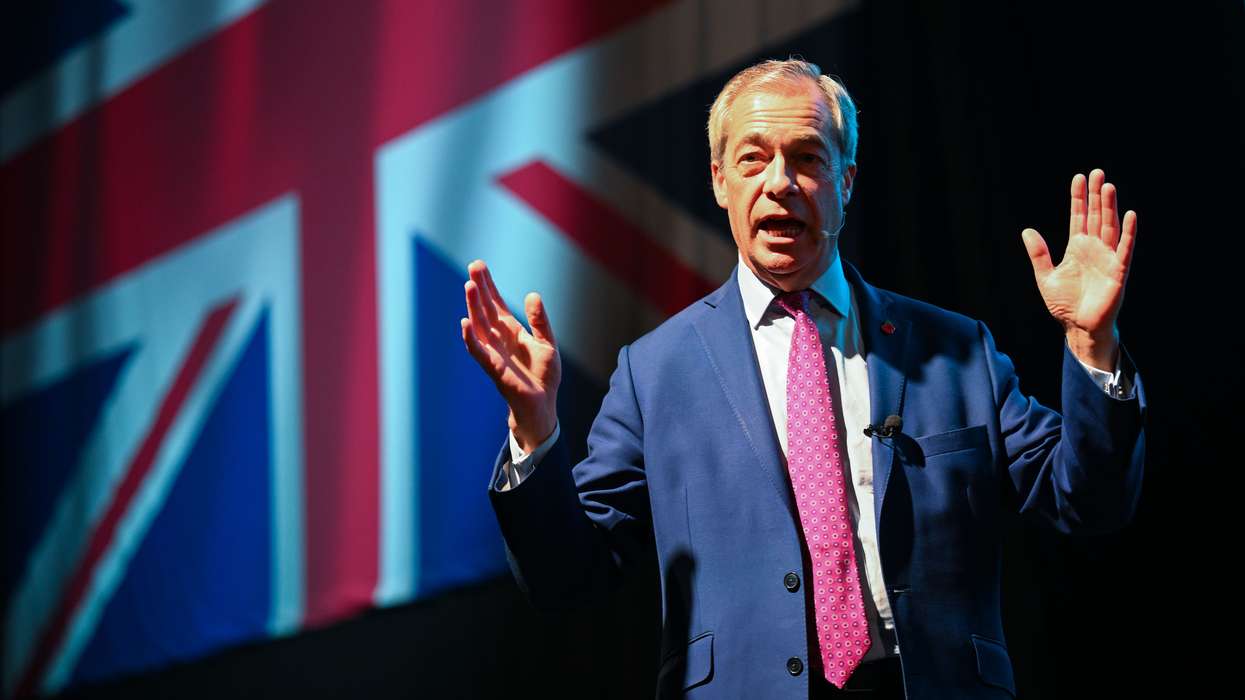US PRESIDENT Donald Trump has signed a proclamation that bars citizens of 12 countries from entering the United States from Monday, reviving a policy used in his first term.
Trump said the decision followed a makeshift flamethrower attack on a Jewish protest in Boulder, Colorado, which investigators blamed on a man they say was in the country illegally.
The ban blocks all travel by nationals of Afghanistan, Myanmar, Chad, Republic of the Congo, Equatorial Guinea, Eritrea, Haiti, Iran, Libya, Somalia, Sudan and Yemen, the White House said.
A partial ban applies to travellers from Burundi, Cuba, Laos, Sierra Leone, Togo, Turkmenistan and Venezuela, although some temporary work visas from those states will be allowed.
"The recent terror attack in Boulder, Colorado, has underscored the extreme dangers posed to our country by the entry of foreign nationals who are not properly vetted," Trump said in a video message posted on X. "We don't want them."
Athletes due to compete in the 2026 World Cup, which the United States is co-hosting with Canada and Mexico, and the 2028 Los Angeles Olympics are exempt.
Trump separately announced a ban on visas for foreign students preparing to begin studies at Harvard University.
He compared the new restrictions with the 2017 order that targeted several mainly Muslim nations, saying that earlier step stopped attacks that later occurred in Europe. "We will not let what happened in Europe happen in America," he said. "We cannot have open migration from any country where we cannot safely and reliably vet and screen."
Venezuela’s Interior Minister Diosdado Cabello responded: "Being in the United States is a great risk for anyone, not just for Venezuelans," urging citizens not to travel there.
Amnesty International USA called the measure "discriminatory, racist, and downright cruel" on X, adding that "by targeting people based on their nationality, this ban only spreads disinformation and hate."
Legal challenges are expected, as with several measures Trump has introduced since returning to office in January.
Rumours of new restrictions grew after the Colorado attack, with officials pledging to pursue "terrorists" living in the United States on visas.
Suspect Mohammed Sabry Soliman, an Egyptian national according to court documents, is accused of throwing fire bombs and spraying burning petrol at a group gathered on Sunday in support of Israeli hostages held by Hamas. US Homeland Security officials said Soliman overstayed a tourist visa and applied for asylum in September 2022.
"President Trump is fulfilling his promise to protect Americans from dangerous foreign actors that want to come to our country and cause us harm," White House Deputy Press Secretary Abigail Jackson said on X.
The proclamation said the move is intended to protect the United States from "foreign terrorists and other national security" threats. Taliban-ruled Afghanistan and war-torn Libya, Sudan, Somalia and Yemen were cited for lacking "competent" central authorities to process passports and carry out vetting. Iran was included because it is a "state sponsor of terrorism." Egypt was not on the list.
"The impact of the ban will once again be felt by Americans who were denied the ability to see their loved ones at weddings, funerals, or the birth of a child," National Iranian American Council president Jamal Abdi said.
For most of the other countries, the order cited an above-average likelihood that travellers would overstay visas.
(With inputs from agencies)





